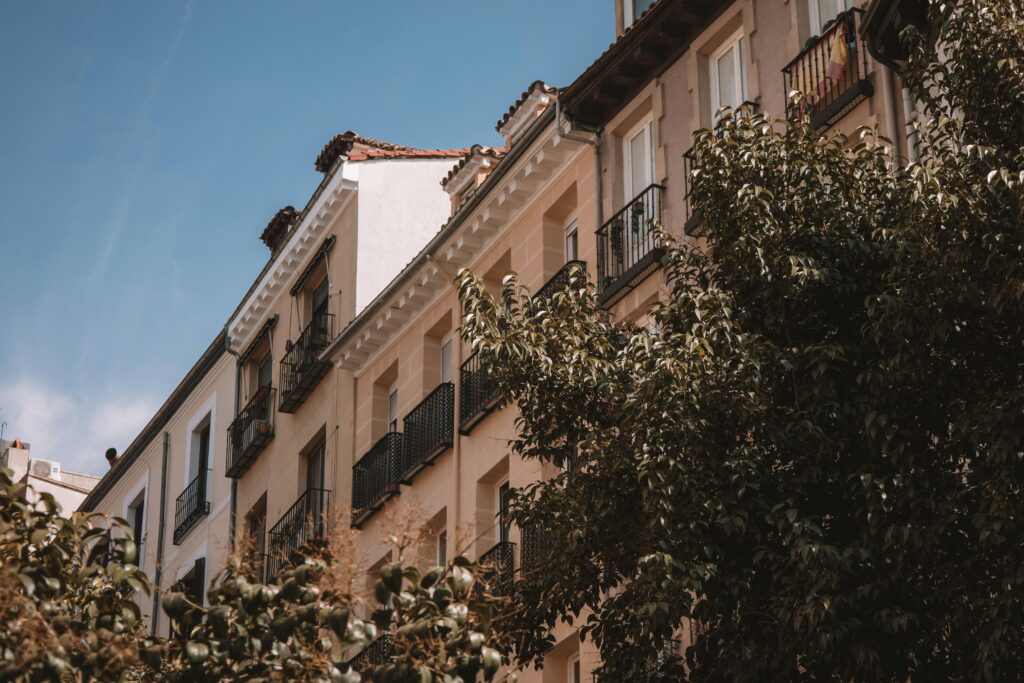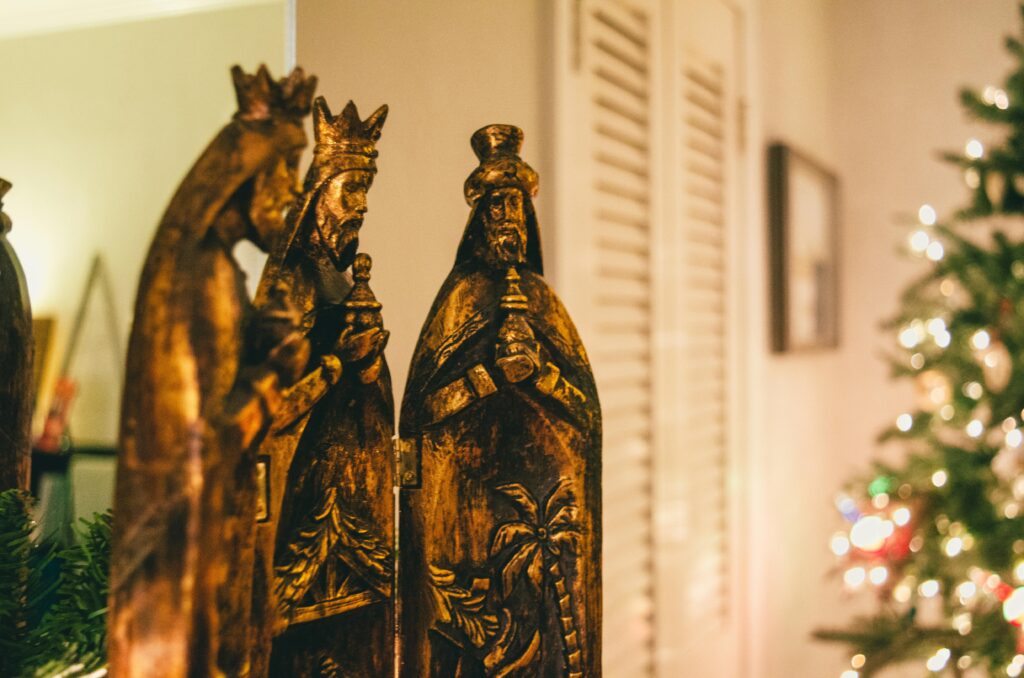October 9th is a day that pulses with history, pride, and celebration across the region of Valencia. For the locals, Día de la Comunidad Valenciana (Day of the Valencian Community) is not just a holiday; it’s a reminder of their rich cultural roots, heritage, and enduring identity. But what makes this day so special? Let’s dive into the story behind it, the vibrant traditions that bring it to life, and why it holds such a deep significance to Valencians.
A Brief History: The Birth of Valencia
To truly understand the importance of this day, we need to take a trip back to the 13th century. On October 9th, 1238, King James I of Aragon, known in Spain as Jaume I, entered the city of Valencia after successfully reconquering it from Moorish rule. This marked the end of over 500 years of Muslim rule and the beginning of the Kingdom of Valencia as part of the Crown of Aragon. The city’s surrender was a monumental moment in shaping the cultural and political landscape of the region.
This day also became a symbol of freedom for the Valencians, celebrating their regained autonomy and the establishment of their own identity, language, and laws. It’s this deep historical context that the holiday draws from, making it a cornerstone of regional pride.
Why October 9th Matters
October 9th serves as both a day of historical reflection and a celebration of Valencian culture. For many, it’s a time to remember the past struggles for independence and the victories that forged the Valencian identity. It’s also closely tied to the city’s sense of community, as Valencians come together to show their love for their homeland.
One unique aspect of the day is how it coincides with another special occasion—Valencia’s Día de San Dionís, or Day of Saint Dionysius. This feast day celebrates the patron saint of lovers in Valencia, similar to Valentine’s Day. On this day, it’s customary for men to gift mocadoràs, which are bundles of marzipan sweets wrapped in handkerchiefs, to their loved ones. It adds a layer of warmth and affection to the otherwise patriotic festivities, giving the day a dual significance.
How Valencians Celebrate
If there’s one thing Valencians know how to do, it’s celebrate. The streets come alive with parades, fireworks, and cultural performances, making this one of the most spirited days of the year.
1. Processions and Parades: Throughout Valencia, you’ll see grand processions paying homage to Jaume I and the Christian conquest. Locals dress in traditional Valencian costumes, and historical reenactments often take place to remind everyone of the medieval roots of the holiday.
2. Fireworks and Mascletàs: Like most festivals in Spain, fireworks are a staple of the celebration. The Valencian love for noise is on full display, particularly in the mascletàs—explosive displays that are less about color and more about creating earth-shaking sounds. It’s a sensory experience you won’t forget.
3. Music and Dancing: Folk music and dancing, especially sardana and muixeranga, are part of the festivities, inviting everyone to join in the merriment. These performances bring together old and young, creating a communal atmosphere.
4. Cultural Exhibitions: Art galleries, museums, and theaters put on special events to celebrate Valencian heritage, offering everyone a chance to immerse themselves in local culture. These cultural exhibitions pay homage to the region’s artistic achievements, particularly in pottery, silk, and music.
A Personal Perspective
Having recently moved to Gandia, a vibrant town in the Comunidad Valenciana, I’ve been swept up in the excitement of this holiday. Watching locals prepare for the festivities, you can feel the pride they have in their history. For them, this isn’t just a day off—it’s a living connection to their roots, a time to celebrate their collective achievements while also sharing it with friends and loved ones.
I’ve already experienced some of these traditions firsthand. The vibrant energy in the streets, the aromas of freshly made horchata, and the sounds of people laughing, talking, and clapping to the beat of folk music are contagious. I’ve found myself reflecting on how traditions like these bring people together in such a profound way. Even as an outsider, it’s easy to feel part of something bigger.
As I continue to explore my new home, I’m learning that holidays like October 9th aren’t just about remembering the past—they’re about celebrating the present and the future. They remind us all that community, culture, and connection transcend language and borders.
Conclusion
Whether you’re Valencian or simply visiting, October 9th is a day that invites everyone to join in and experience the vibrancy of this region’s culture. It’s more than just a nod to the past—it’s a living, breathing tradition that continues to shape the people and the community of Valencia today. From the lively parades to the intimate moments shared over marzipan sweets, the Day of the Valencian Community is a celebration of heritage, love, and unity.
Love always,
American Girl Meets World


